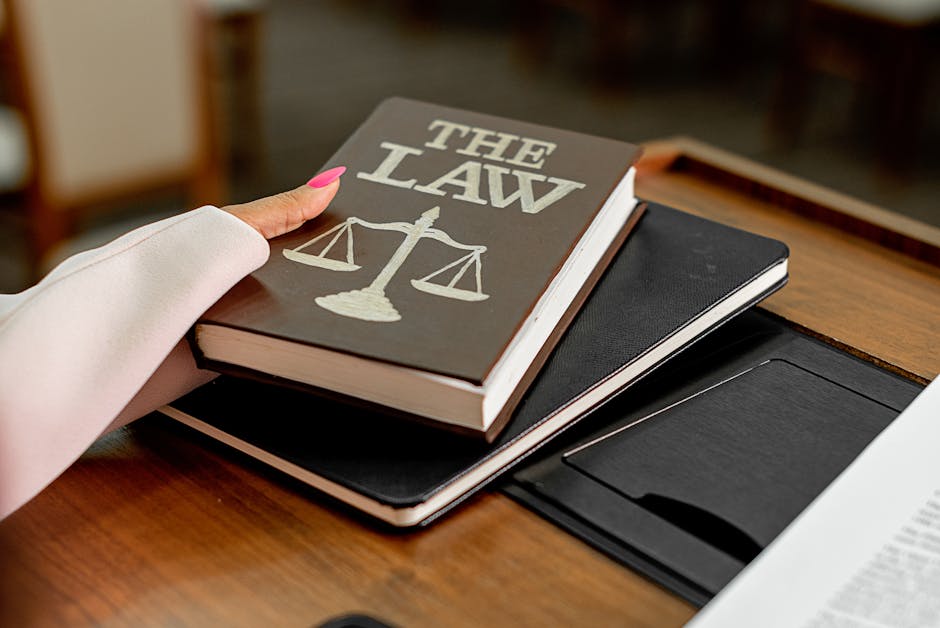How Court Procedures Vary by Jurisdiction
Did you know that not all courtrooms are the same? Just like every state has its own rules for highways, they also have their own court procedures. Understanding these differences can help you navigate the legal system, whether you’re a witness, a defendant, or simply curious.
What Are Court Jurisdictions?

Jurisdiction is a fancy word for “authority.” It tells you who gets to make the rules in a certain area. In the legal world, jurisdiction refers to the power of a court to hear a case. This can change depending on where you are.
For example, a small-town court in Texas operates differently than a major city court in California. Each state has its own laws, and even cities may have unique regulations. This can affect everything from how cases are filed to how judges make decisions.
Why Do Procedures Change by Location?

Imagine you’re playing a game, but the rules change based on where you are. that’s what happens in the court system! Each state has its own laws and traditions. These differences can be traced back to history, culture, and even the size of the community.
- History: Some states have laws going back to their founding. For instance, states like Louisiana follow Napoleonic Code, which is different from most states that use common law.
- Culture: Local customs and community values can shape legal procedures. For example, rural areas might prioritize mediation over litigation in family disputes.
- Size: Larger states might have more complex systems to handle their larger populations.
What Are the Main Types of Courts?

In the United States, there are several types of courts, each with specific roles. Here are the main ones:
- Trial Courts: These are where cases start. They hear evidence and witness testimonies. Think of them as the first round of a tournament.
- Appellate Courts: These courts review decisions made by trial courts. They don’t hear new evidence; they check if the law was applied correctly.
- Specialized Courts: Some courts focus on specific issues, like family law or drug offenses. They often use different procedures tailored to their focus.
Understanding these types can help you know where your case might be heard, depending on your situation.
How Do Court Procedures Differ by State?

Every state has its own rules about how to handle cases. Here are a few key areas where procedures can vary:
- Filing a Case: In some states, you can file a case online, while others require you to visit the court in person.
- Jury Selection: The process for choosing jurors can differ widely. Some states use a random selection process, while others have specific qualifications for jurors.
- Trial Length: Some states have strict timelines for how long a trial can take, while others allow for more flexibility.
What About Federal Courts?
Federal courts have their own set of rules, which can be quite different from state courts. They handle cases involving federal laws, disputes between states, and issues that cross state lines.
However, federal courts still follow a set of procedures established by federal law. For example, the rules about evidence and appeals can vary significantly from one states procedures.
How Does Local Culture Affect Court Procedures?
Local culture can have a big impact on how cases are handled in court. For example, in some regions, community-based solutions like restorative justice might be preferred over traditional court cases.
Additionally, in areas with a strong focus on community, courts might encourage mediation or other alternative dispute resolution methods before going to trial. This can lead to faster resolutions and less stress for everyone involved.
What Are Common Misconceptions About Court Procedures?
Many people believe that all courtrooms operate the same way. This isn’t true! Here are a few common misconceptions:
- All trials are the same: As we’ve discussed, state and local rules can dramatically change trial proceedings.
- You can represent yourself anywhere: While self-representation is allowed, some jurisdictions have strict rules about when and how this can happen.
- Judges always follow precedents: Judges have discretion in how they apply the law, which can lead to different outcomes even in similar cases.
Understanding these differences can help you feel more prepared if you ever find yourself in a courtroom.
How Can You Prepare for Court?
Preparation is key when heading to court. Here are some practical tips:
- Research local rules: Check the courts website or visit in person to learn about specific procedures.
- Gather documents: Make sure you have all the necessary paperwork, like legal forms and evidence.
- Consider hiring an attorney: Legal experts understand the complexities of local procedures and can help guide you.
What Resources Are Available for Learning More?
If you’re interested in diving deeper into court procedures, many resources are available. You can visit sites like the United States Courts for more information on federal procedures. Additionally, local law libraries often provide valuable resources tailored to your jurisdiction.
What Are the Key Takeaways?
Understanding how court procedures vary by jurisdiction is essential. Here are the main points to remember:
- Jurisdiction determines which court has authority over your case.
- Each state and federal court has unique procedures.
- Local culture can influence how disputes are resolved.
- Preparation can make a significant difference in court.
Whether you’re involved in a case or just curious about the system, knowing how court procedures vary can empower you. Stay informed and prepared, and youll navigate the legal landscape with confidence.
Remember, the court system may seem intimidating, but it’s built to ensure justice. Understanding it’s nuances will help you make informed decisions if you ever need to engage with it.



